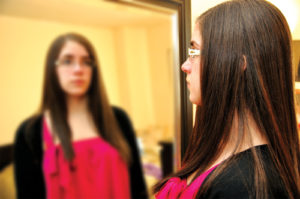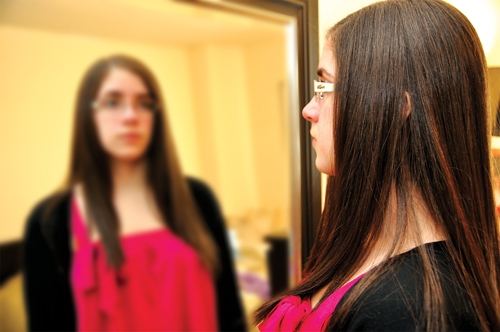One York student shares her success story with services on campus
Cristal Reddick
Contributor

Last year, I almost dropped out of university.
I was finding York overwhelming. The classes were difficult, the workload was immense, and there were few people who seemed to really be able to help my specific need. As far back as I can remember, I have had troubles with learning. Studying at York, I was having the most difficulty yet.
Throughout elementary school, high school, and college, no one noticed any of my struggles or offered assistance. Only at York did I discover I have a learning disability. Only at York could I find the support I needed.
York has a lot to offer in terms of supporting students with learning disabilities and giving them resources. Students may not know these exist. Some of them seem to be a well-kept secret.
This is my story. If there is a chance it could benefit any other students in a similar position, I’d like to share it.
Last year, I needed help with an assignment, so I went to the Writing Centre in the Ross building. There, I met Elizabeth Brule.
Brule was my tutor at the Writing Centre. We talked about the assignment and my difficulties, and through our conversation she began to notice my struggles. She told me I might benefit from an evaluation from the learning disabilities services in the Bennett Centre.
“When we first met in the writing department,” she says, “I saw that you were a smart, articulate person, but you were struggling with understanding [the] texts you were reading.”
“I recognized a disjuncture between your ability to articulate what you were learning with your struggles with reading comprehension.”
In this recognition, there was comfort and encouragement: “While you believed it was some kind of deficiency,” Brule says, “I thought it was more likely a learning disability.”
My interaction with Brule at the Writing Centre was a valuable experience for me. It took the stigma out of asking for help. I was still worried.
University can sometimes be a cold, bureaucratic environment. Being “diagnosed” with a learning disability conjures up images of hospitals and medication. Having someone to speak to, someone who could support me, was a breath of fresh air. The long process of finding a particular office in a sea of buildings or filling out complex paperwork was ending.
The next phase of my journey was extensive. There was a lot of testing with various puzzles and questions. It took some time, but thorough analysis shed light on the problems I have been having all my life.
After testing, I met with a counsellor. They advised me on how to study and make use of some of the funds available at this university to facilitate better learning.
A few months have passed, and I now feel better equipped to tackle challenging courses a York.
The process isn’t perfect. I wish I discovered these resources my first week at York, instead of when I finally did so. I wish the funds arrived sooner. But, I can see real progress in my classes and I feel gratitude for York’s programs.
Elizabeth Brule was especially amazing. Because of people like her, I can continue to survive and thrive at university. York’s support programs kept me from dropping out.
From the Writing Centre to the learning disabilities services, much is available at York. They deserve recognition for helping students like me who might be overwhelmed by their challenges, but who sincerely want to learn and become better students.


